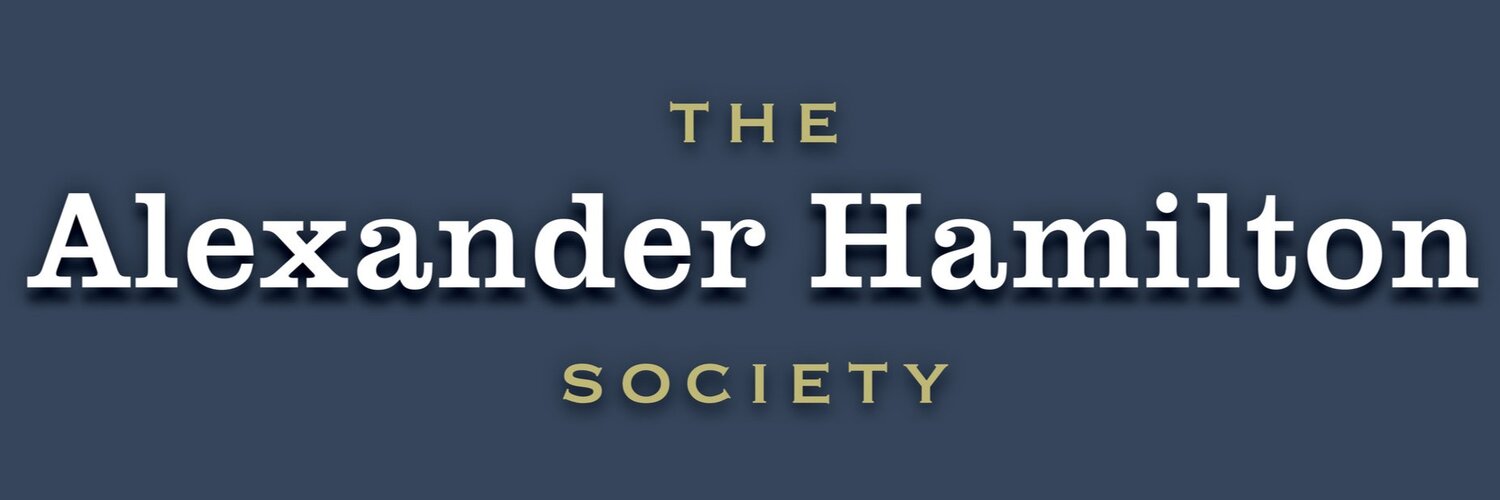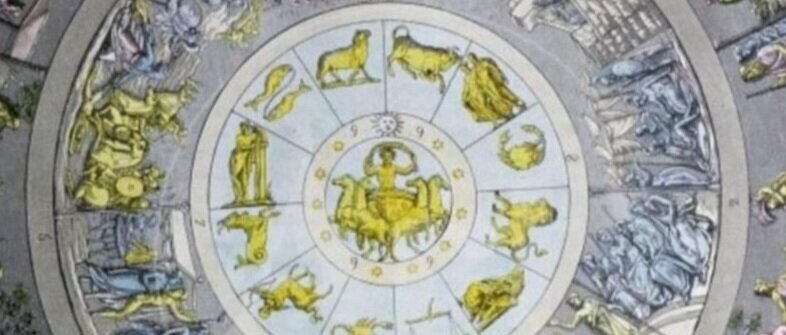Evolution of the International Order (Virtual)
The virtual seminar on the "Evolution of the International Order" provides AHS officers with a historical perspective on contemporary international affairs as well as an appreciation of what American leadership has achieved. Part I runs during the fall semester and, through 5 sessions, examines the major historical ideas and events — the Peace of Westphalia; Congress of Vienna; and the Treaty of Versailles — out of which today's international order was born. The sessions revolve around one of foreign policy’s classic works: Diplomacy by Henry Kissinger. The first session is the notable exception: it draws on Thinking in Time by Ernest May and Richard Neustadt to underscore history’s use and misuse by decision-makers. Part II runs during the spring semester and building on Robert Zoellick’s America in the World examines the ideas and people behind American statecraft and diplomacy. Admitted students receive complimentary copies of Thinking in Time, Diplomacy, and America in the World.
The seminar is led by Valerian Sikhuashvili, AHS Director of Academic Programs, and the readings are selected to enable participants to meaningfully participate in question-driven discussions. You can learn more details about reading assignments and schedule below.
The application for Part II is now closed.
Part I (Fall 2023)
Session 1: Historical Analysis
Date: Wednesday, September 27, 12:15 p.m. to 1:15 p.m. (ET)
Topics: The relevance of history; the uses and abuses of history.
Reading: Neustadt, Richard E, and Ernest R May, Thinking In Time, pp. xi-16; 232-270.
Session 2: Classical State System
The Classical State System
Date: Wednesday, October 11, 12:15 p.m. to 1:15 p.m. (ET)
Topics: Key characteristics of the Westphalian state system; Raison d’etat; the balance of power.
Reading: Kissinger, Henry, Diplomacy, Simon & Schuster, 1994, pp. 56-77 (ch. 3).
Session 3: Congress of Vienna
Date: Wednesday, October 25, 12:15 p.m. to 1:15 p.m. (ET)
Topics: The political principles underlying the Vienna peace settlement.
Reading: Kissinger, Diplomacy, pp. 78-102 (ch. 4).
Session 4: Nationalism and Realpolitik
Date: Wednesday, November 8, 12:15 p.m. to 1:15 p.m. (ET)
Topics: Nationalism in the 19th century; Realpolitik as a foreign policy.
Reading: Kissinger,, pp. 103-167 (ch. 5 and 6).
Session 5: The Treaty of Versailles
Date: Wednesday, November 22, 12:15 p.m. to 1:15 p.m. (ET)
Topics: Origins of World War I; Wilsonianism and negotiating the peace at Versailles.
Reading: Kissinger, Diplomacy, pp. 218-265 (ch. 9 and 10).
Recommended Reading
Kennedy, Paul M. The Rise and Fall of the Great Powers: Economic Change and Military Conflict From 1500 to 2000. New York, NY: Random House, 1987.
Bobbitt, Philip. The Shield of Achilles: War, Peace, and the Course of History. New York: Knopf, 2002.
Part II (Spring 2024)
Session I: Hamilton: Architect of American Power
Date: Wednesday, February 7, 12:15 p.m. to 1:15 p.m. (ET)
Topics: Hamilton’s economic strategy; a policy of neutrality; economic statecraft; American realism.
Required Reading: Robert Zoellick, America in the World. pp. 1-93.
Recommended Reading: Robert Kagan, Dangerous Nation, pp. 71–129; Publius, Federalist Paper No. 8.
SESSION 2: The United States and the Global Power
Date: Wednesday, February 21, 12:15 p.m. to 1:15 p.m. (ET)
Topics: The open door; Roosevelt and the global balance of power; A war to make the world safe for democracy.
Required Reading: Zoellick, pp. 97-165.
Recommended Reading: Colin Dueck, Reluctant Crusaders, pp. 44–81: Walter Russell Mead, Special Providence, pp. 132-174.
SESSION 3: Interwar Internationalists
Date: Wednesday, March 6, 12:15 p.m. to 1:15 p.m. (ET)
Topics: Arms control and the Washington conference; The American international law tradition; Reciprocal trade/trade and foreign policy.
Required Reading: Zoellick, pp. 168-237.
SESSION 4: Architects of the American AllianceS
Date: Wednesday, March 20, 12:15 p.m. to 1:15 p.m. (ET)
Topics: Winning the peace; The making of the Truman Doctrine; The Marshall Plan.
Required Reading: Zoellick, pp. 240-314.
Recommended Reading: Hal Brands, What Good is Grand Strategy, pp. 17-59; Dean Acheson, Present at Creation, pp. 249-354.
SESSION 5: Order of American Alliances
Date: Wednesday, April 3, 12:15 p.m. to 1:15 p.m. (ET)
Topics: American Realpolitik; Reagan’s diplomacy; George H.W. Bush and leading alliances.
Required Reading: Zoellick, pp. 364-442.
Recommended Reading: Ronald Reagan, “Westminster Address",” Anthony Lake, “From Containment to Enlargement.”
Recommended Reading
Acheson, Dean. Present at the Creation: My Years in the State Department.
Brands, Hal. What Good Is Grand Strategy?: Power and Purpose in American Statecraft from Harry S. Truman to George W. Bush.
Dueck, Colin. Reluctant Crusaders: Power, Culture, and Change in American Grand Strategy.
Kagan, Robert. Dangerous Nation: America's Foreign Policy from Its Earliest Days to the Dawn of the Twentieth Century.












